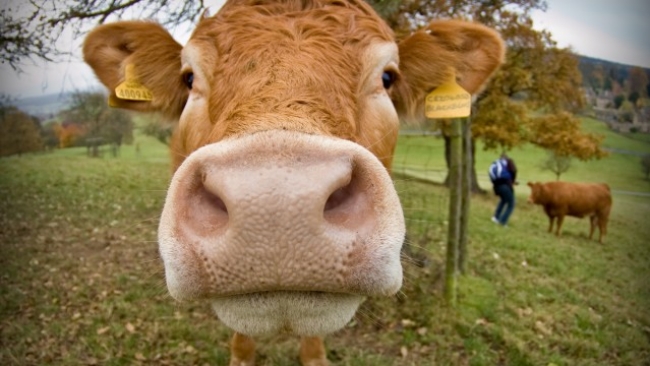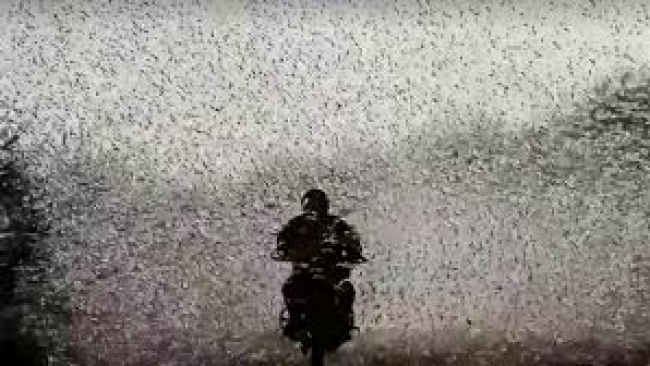Livestock farmers warn of more losses during winter

SA’s livestock farmers are preparing for more losses after the driest year on record has already cut herds and as winter nears, fuelling food prices that are climbing at the fastest pace in 18 months.
Scarce grazing and drought-stricken farmers’ inability to buy animal feed may trigger a second livestock sell-off during winter after similar conditions caused an oversupply during most of the summer months, Gerhard Schutte, CEO of the Red Meat Producers Organisation, said.
A supply shortage is likely to occur from September and would become worse if good rainfall occurred from that period, as farmers retain animals to rebuild their herds, Mr Schutte says.
"If the new season is a good rainy season, prices will start going crazy," Lardus van Zyl, chairman of the meat producers’ body, said. "Not only will the abattoirs be looking for animals, but so will farmers who seek proper breeding stock."
The warning on meat prices comes as SA last year had the least rainfall since records started in 1904. The drought more than doubled maize prices and drove food inflation to 8.8% in February, the highest since August 2014. Meat-price growth was more subdued at 5.5% in the same period due to the selloff in animals.
Under normal conditions, SA’s cattle herd is estimated at 13.6-million animals, 7.9-million of which are kept by commercial producers and the rest by subsistence farmers, according to Mr Schutte. The sheep herd counts 24.6-million animals while goats number an estimated 5.6-million, he said.
So far, commercial farmers’ stocks have been depleted by an estimated 5% due to the drought while subsistence owners have experienced losses of about 10% on average, he said.
Rebuilding herds can take three to four years, a process that will weigh on supply to abattoirs, Omri van Zyl, the CEO of farmers’ lobby group Agri SA, said.
"We need a subsidy for herd-rebuilding purposes," Mr van Zyl said. "The national herd has shrunk. There’s only so much you can do to rebuild it and that’s under normal climatic conditions."
Farmers would require funding assistance of R6bn to R20bn over three years due to losses suffered because of the drought, Mr Van Zyl said. Livestock farmers alone require about R4bn, he said.
"To curb food-price inflation, we’re going to have to put the guys in a position where they were last year, before the drought," Mr Van Zyl said.
Consumers are buying fewer meat products due to rising costs, Pierre Spies, MD of agribusiness GWK, told reporters in Kimberley.
"We saw a spike in meat prices in February after the thinning out of the national herd had ended in January and then they corrected back down," Mr Spies said. "We are still expecting prices to rise again."
Source: BDLive
Wed 13 Apr 2016 at 10:18
.jpg)
.jpg)

.jpg)
.jpg)
.jpg)